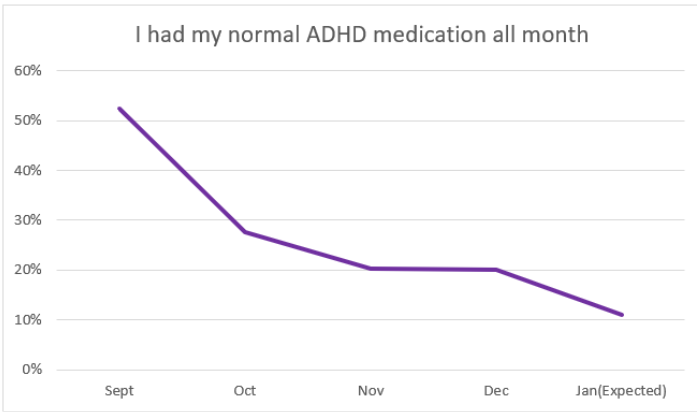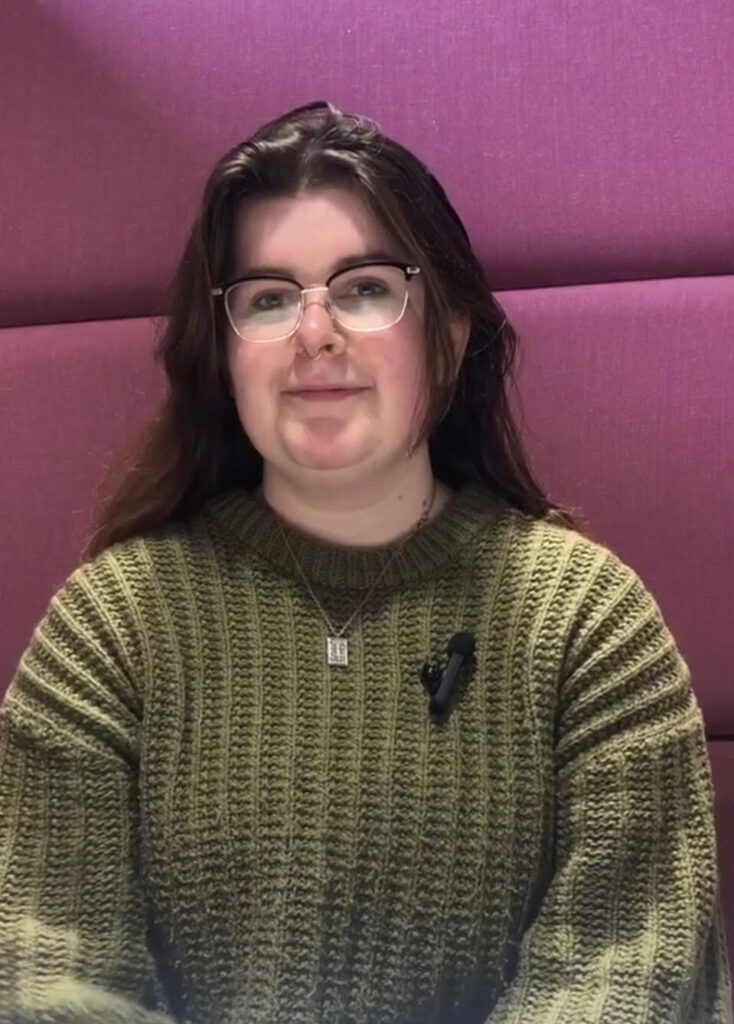Thousands of ADHD patients across the UK do not have access to ADHD medication since a national shortage was announced in September.
A national patient safety alert was issued warning of a shortage of supply for Methylphenidate, Lisdexamfetamine and Guanfacine in UK pharmacies.
Out of a survey of over 1000 people, ADHD UK have found that 90% have been affected by the supply shortages, and a quarter have not been contacted by their GP.

In September, the Department for Health and Social Care (DHSC) attributed the nationwide shortage in the UK to “heightened global demand and challenges in manufacturing.”
The department anticipated that the disruption would “likely be resolved” sometime between October and December.
Pharmacist and ADHD specialist Salma Ali suggests that a growing awareness of ADHD may play a role in contributing to the rise in diagnosis, placing a strain on the supply chain.
“There had always been patients suffering with ADHD symptoms, but with the situation during the pandemic and increased awareness of ADHD online, these patients started reaching out.
“Although manufacturers had predicted an increase in demand for ADHD drugs, they had no way of predicting how significant that increase would be.”
Despite this, many remain concerned over the lack of information and foreseen support provided by the government.

Neurodiversity specialist consultant and mental health lecturer, Tom Nicholson said: “If this was any other condition, I would’ve expected to see significantly more of an outcry than what we’ve seen.
“People who are taking a medication that we know reduces suicide, gambling, addiction, and that improves outcomes in so many ways was essentially stopped overnight. It’s now been six months, and there are still people who have been unable to get that medication.”
Among people affected by the shortage is Jay Barber, who is struggling with ADHD symptoms as a university student. She said “The shortage has affected me more than I thought it would. It affects focus, motivation and time management and as a university student I have a dissertation and essays due, but without the medication it’s so much harder.”

She added that she also struggled with attendance and everyday routines such as when it came to getting out of bed and having to get ready in the morning
When asked about how the government has handled the shortage she said “I wish there was more communication about what is happening.
“All we’ve been told is about an increase in demand, which is all very vague. It would be great to know what actually caused this, when it will be fixed, what we can do to make ends meet in the meantime.”
The government has not released any updated information about when the shortage will likely end.
Takeda, the company which produces Elvanse, a leading drug used to treat ADHD, has said in a statement: “We are anticipating that there will be intermittent disruption across our ADHD products into April 2024.
“This does not mean that no stock is available until April 2024, but that supply will be available on an intermittent basis.”

Leave a Reply